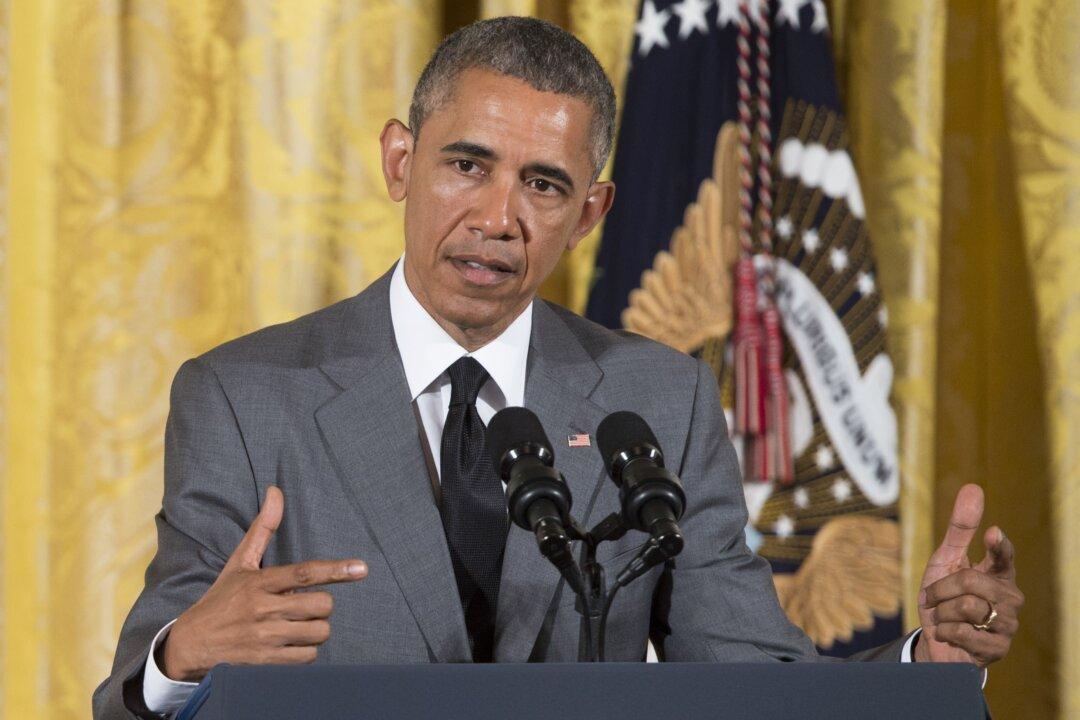ELMAU, Germany—Despite setbacks that have raised doubts about his policy, President Barack Obama voiced optimism Monday that the ISIS would be driven out of Iraq, but said the effort will take time and require an inclusive government in Baghdad.
Obama said the U.S. will continue to ramp up training and assistance to Iraqi troops so they can carry out offensive, not just defensive, operations.
“We have seen successes but we have also seen setbacks,” Obama said at the beginning of a meeting with Iraqi Prime Minister Haider al-Abadi. Referring to the ISIS by one of its acronyms, Obama added: “ISIL is going to be driven out of Iraq and ultimately it is going to be defeated.”





